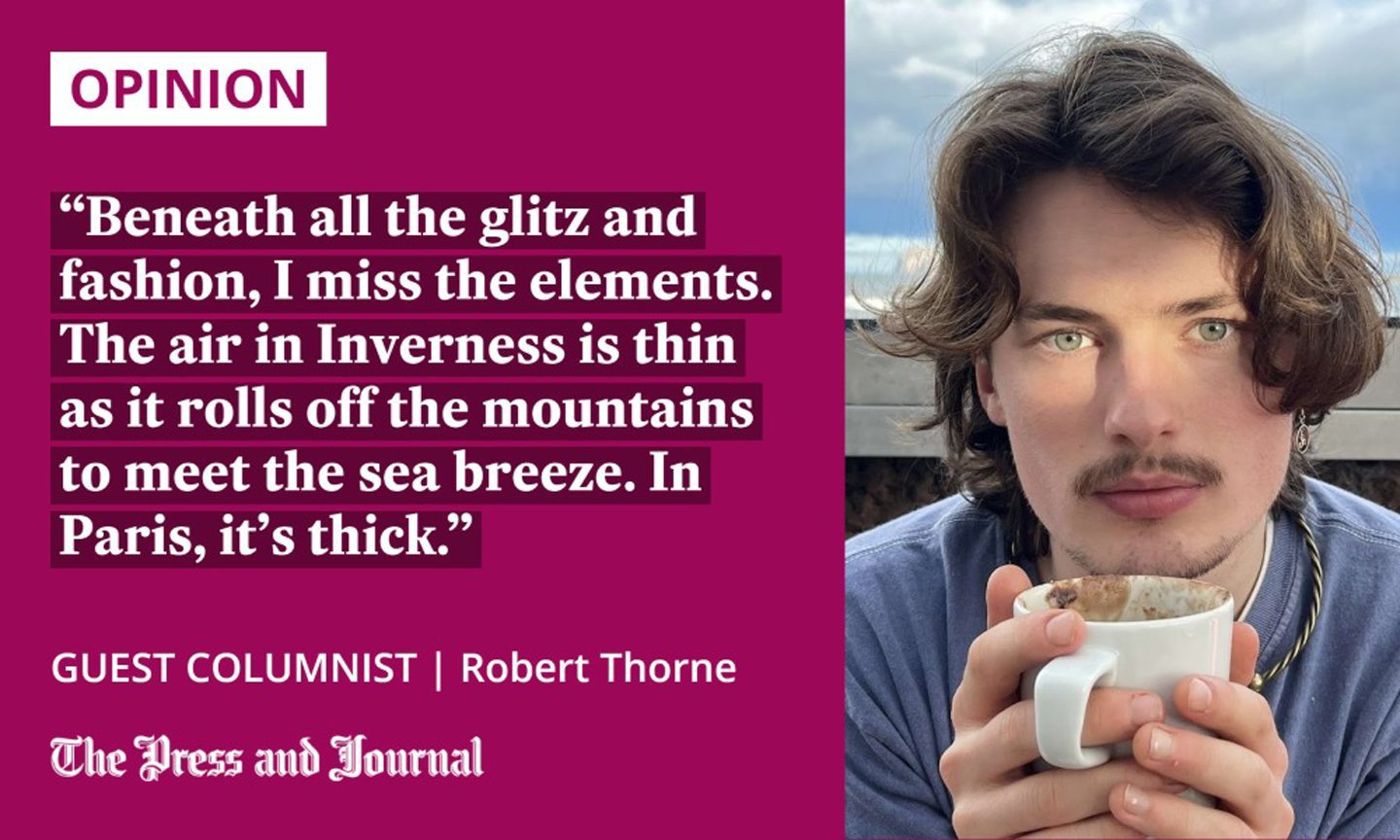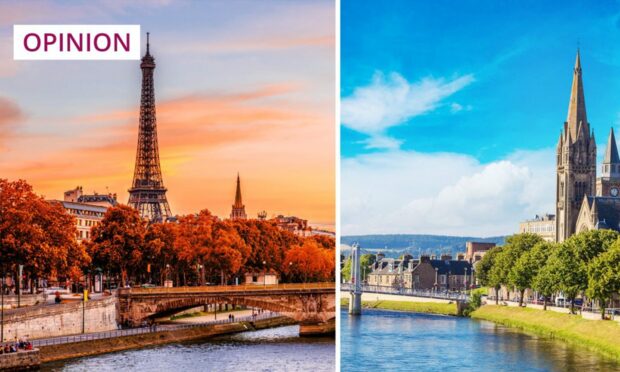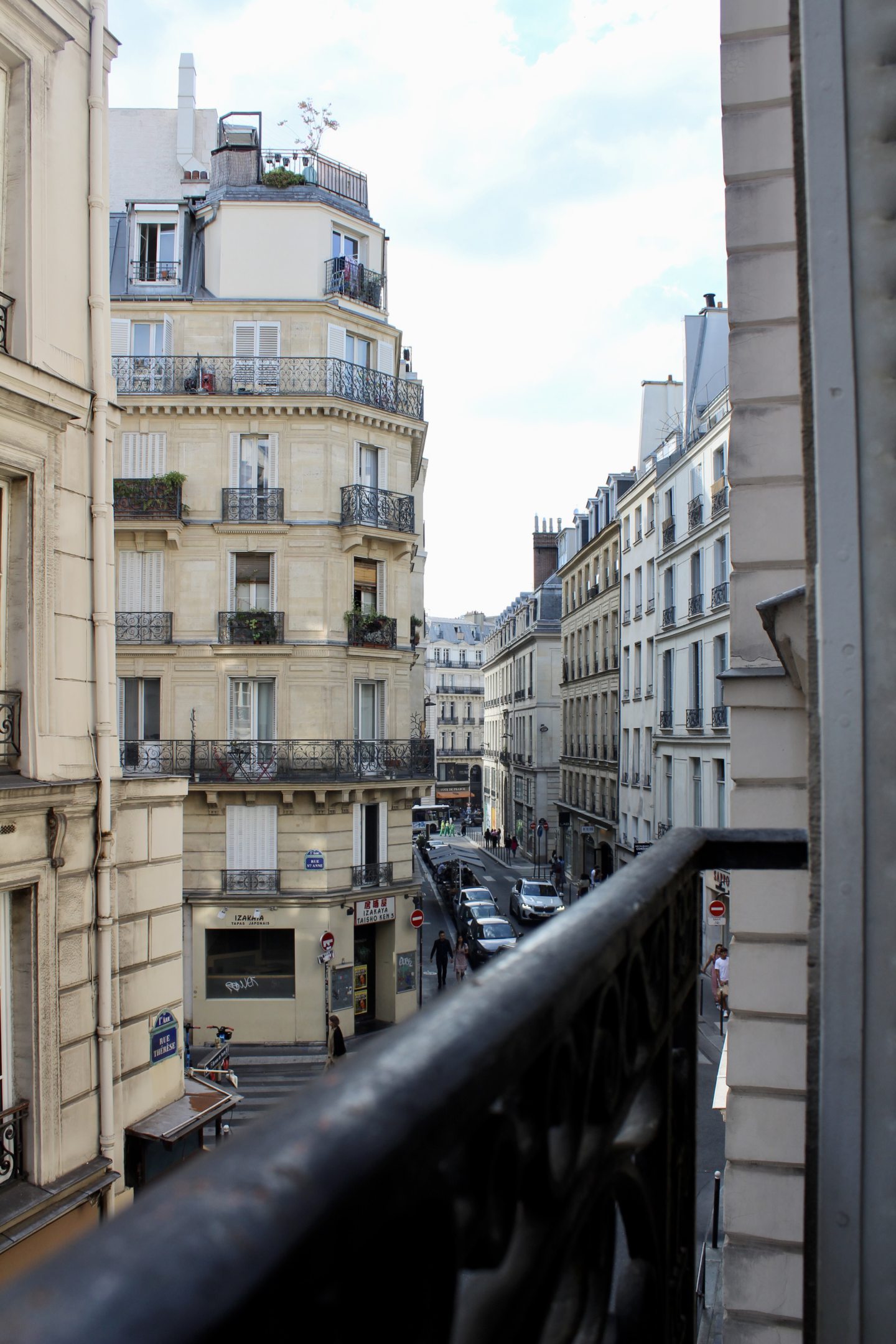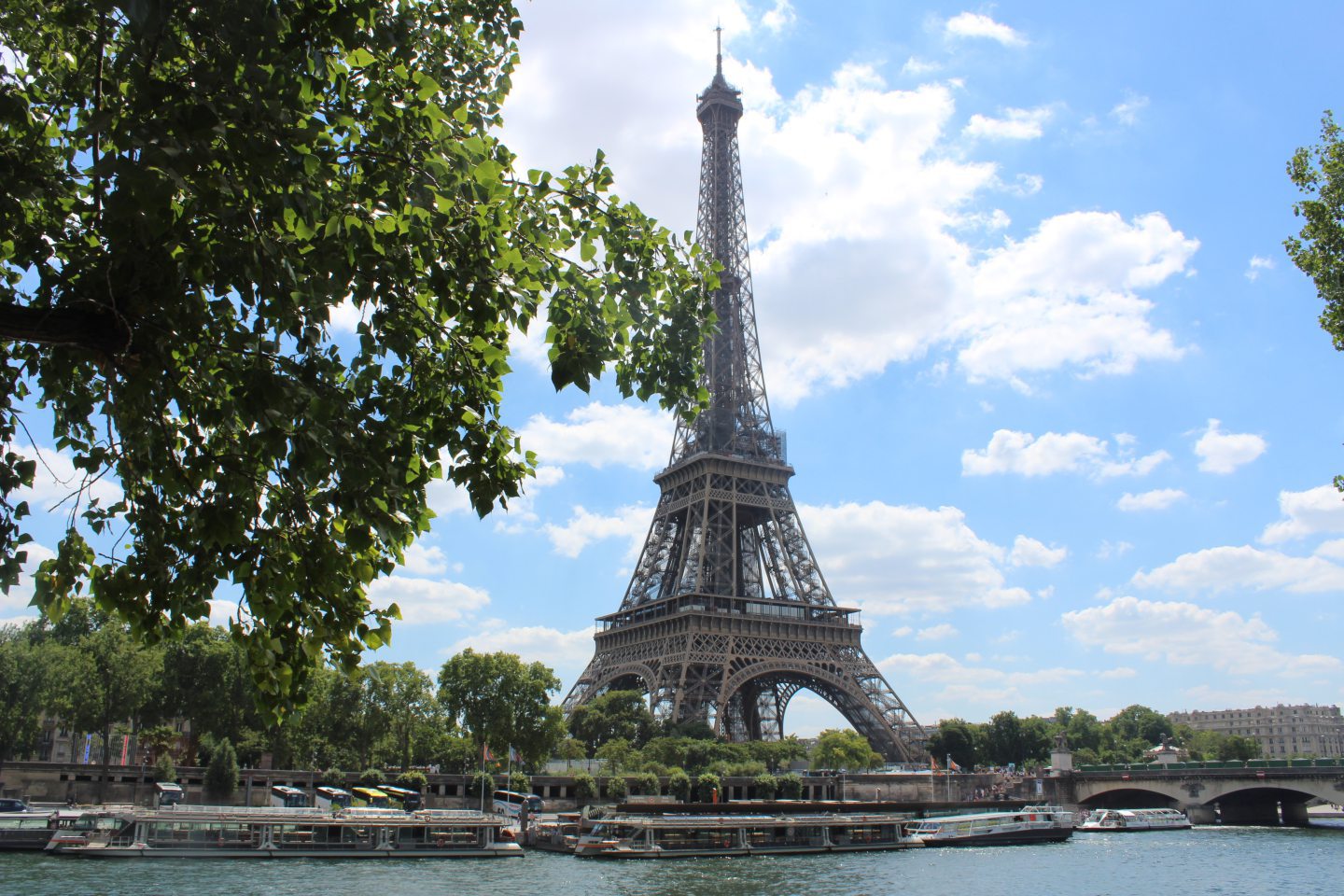I arrived in Paris on a hot summer night, one week after leaving my home in the Aird.
From Edinburgh, I flew in, jumping an hour ahead and up 15 degrees in temperature.
The bus from CDG Aeroport dropped me at the Palais Garnier, a lesser-known but exquisite monument in Paris’s centre. At night, spotlights transform the opera house into a painting; I watched as couples practised ballroom dancing on its steps to a makeshift string quartet. Then, I lugged my bags up the Avenue de l’Opera, towards my new life and new home.

My stay here is temporary. I’m on a one-year university exchange, far from my Highland roots. I knew as I stepped off that plane that it would be easy to draw differences between Paris and Inverness. Without a doubt, they offer two very different ideas of what makes a “city”. Yet, they both have one thing in common: they leave an impression on you.
At the time of writing, I’m one month into my exchange. I buy a fresh baguette at nine each morning – any later and they’re all sold – have an espresso and start work.
The sounds of the city began three hours ago, whether it’s binmen or construction workers, or the shutters on the boulangeries. There is no birdsong. The bistros are already full, and most Parisians are having a smoke.
Yet, I still start my day with porridge – a remnant of my life back home. When I described my breakfast to a Frenchwoman, she was shocked: she had never heard of boiling oats, but instead thought one ate them raw with milk.
A half-drunk bottle of Drambuie sits above my desk; I bought it in duty-free and have worked my way through it since. My bed is unmade; no duvet, but a blanket to cope with the heat.
It costs too much to play in Paris
Unlike my studies at the University of Edinburgh, classes in Paris are usually in the evening. Sometimes I get out of school at nine, just as the city is sitting for dinner. My days are not free, however; the workload at French universities is far greater than in Scotland.
The emphasis here is on work, not play, and students dress accordingly. On my first day, I walked in with the usual charity shop wear that dresses Edinburgh, only to meet Paris students in their designer blazers, dress trousers and skirts, carrying briefcases or tiny cups of espresso. My tattoos and piercings singled me out as a foreigner.
While Inverness was just crowned the home of the cheapest pint in Britain, you’d be hard-pressed to find lager in Paris for less than €10
It costs too much to play here. While Inverness was just crowned the home of the cheapest pint in Britain, you’d be hard-pressed to find lager in Paris for less than €10. A shot at the club is €12.
Consequently, there are no heavy-drinking sports societies, nor even a university pub. A packet of Camel Blue cigarettes, however, will get you spare change for a tenner.
I miss the Inverness air
Despite all this, life is going well. It was strange at first, seeing the Louvre and Eiffel Tower on my daily commute; not quite the same as the walk to Tomnacross bus stop, or across dreary Bruntsfield Links.
Instead of mountains or castles to look at, I have excessively grand architecture. Instead of the still, blue firth, I have the ever-changing Seine. Yet, after a week or so, it’s just a commute.
Beneath all the glitz and fashion, I miss the elements. The air in Inverness is thin as it rolls off the mountains to meet the sea breeze. In Paris, it’s thick – with cigarette smoke, expensive perfume, delicious baking, and stale urine; with the sounds of sirens, engines, street pedlars and accordions. Along with the heat, it fills then dries your throat.
Here, there are more bins than trees, and more trees than smiles, though Parisians are much friendlier than we give them credit for. Polite as well, when they’re not serving Americans all day. I was a waiter in Drumnadrochit during summer; I know how they feel.
Enjoying ‘adult Disneyland’ while I can
I won’t start on the tap water. While I’ve drunk worse, at home I’ve drunk a lot better. Parisian water is as heavy as its air, with a rubbery texture in your mouth. You must chew rather than drink it. Scotland is right to call its freshwater the best in the world – just wait until you’re thirsty after a day’s walking around the Marais.
At times, I can’t wait until I’m back in Scotland. But, then, walking home from an evening class across one of the Seine’s old bridges, I look out across the city. I watch the street lights glitter in the dark water; the Eiffel Tower light up a night sky where no stars can shine.
I realise that, for the next year, I’m living in adult Disneyland. I’d better make the most of it, then.
Robert Thorne is an aspiring writer from Kiltarlity and Inverness, studying politics at the University of Edinburgh




Conversation